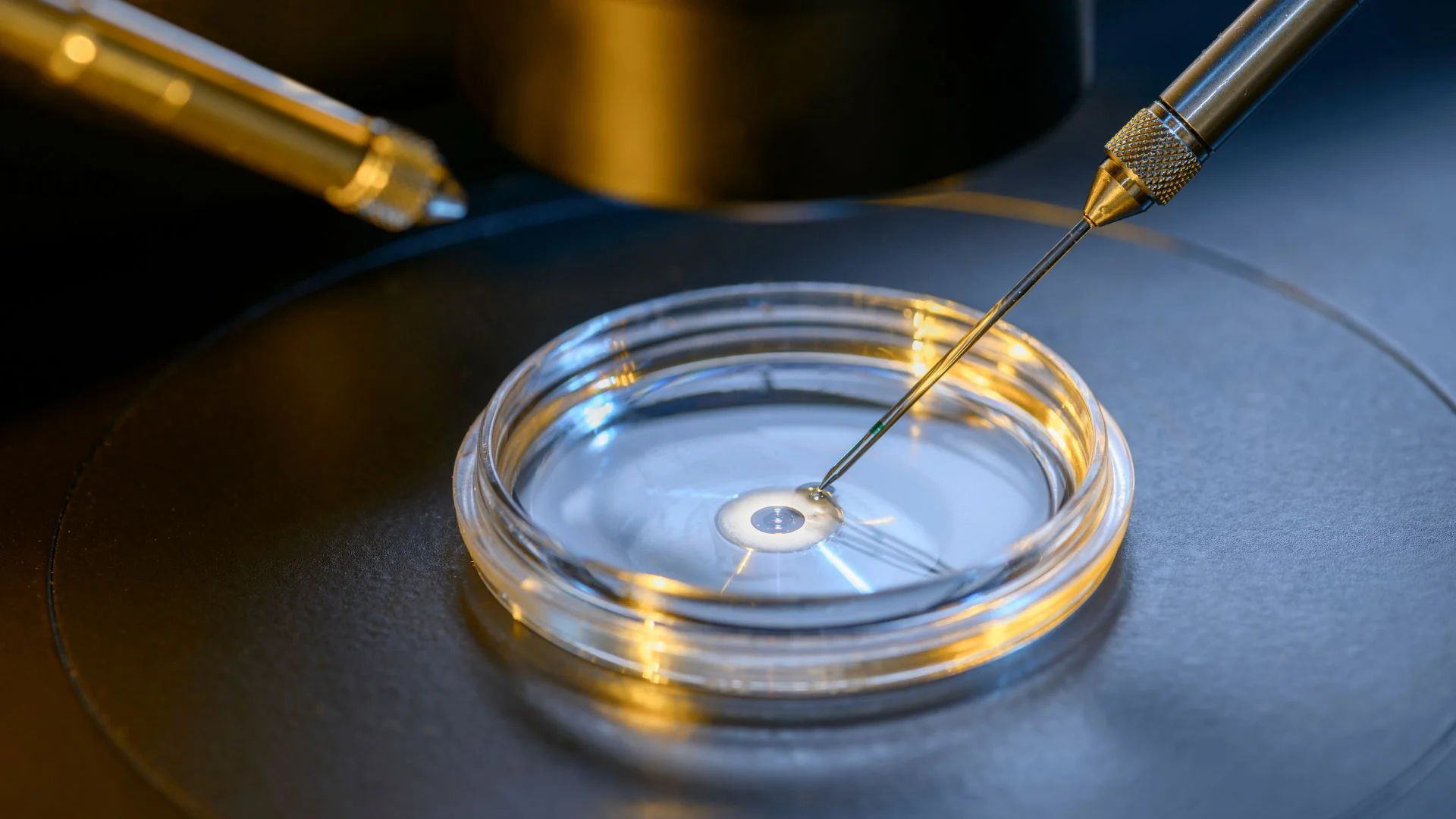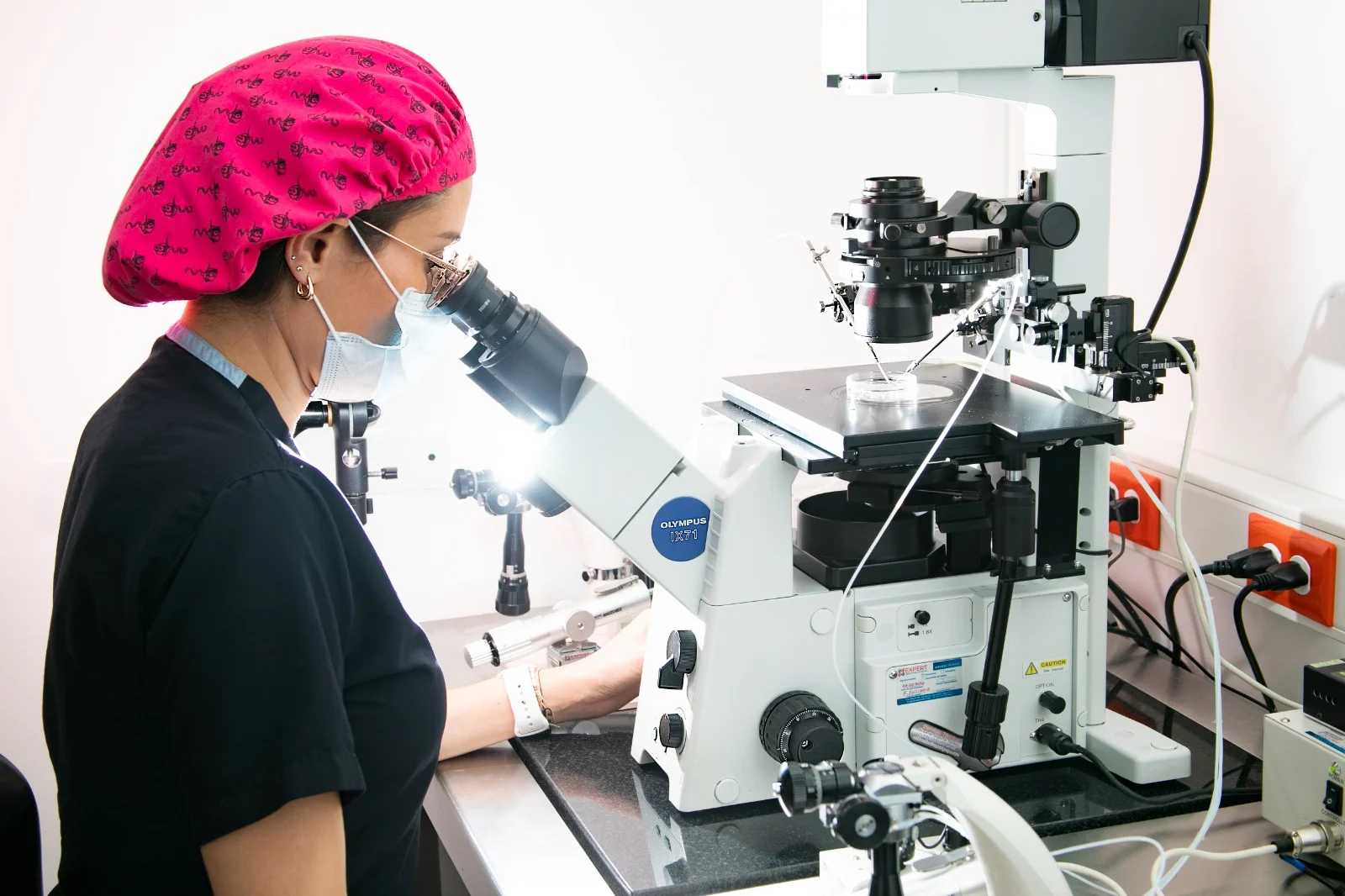Genetics plays a fundamental role in the process of looking for pregnancy. We will tell you about the possible genetic causes of subfertility and the available treatments to prevent them
When discussing infertility, factors such as advanced maternal age, deterioration in semen quality, toxic habits in the couple, and menstrual cycle and reproductive system surgeries are the ones we usually use as examples. We rarely think that couples may be carriers of a genetic disorder that makes natural conception difficult.
The PRECONCEPTION study or test is a blood study that analyzes the presence of recessive or X-linked mutations in future parents to assess the risk of genetic disease associated with these mutations in their offspring.
Suppose some of the future parents are found to be carriers of one or more of the diseases studied. In that case, the genetics laboratory will recommend a genetic counseling consultation to establish the degree of risk and the possible therapeutic and reproductive options.
Gestational ultrasound at the end of the third month of pregnancy, associated with a study of maternal blood to evaluate free fetal DNA, can help us timely diagnose alterations in the formation of the baby and diseases linked to the number of chromosomes.
The Baby test or study of free fetal DNA helps identify pathologies such as Down syndrome in the early stages of pregnancy.
If you require more information on this subject, contact our genetics experts at the following number +57 313 6096603,
our offices:
• Medellin: Tel. +57(4) 268 80 00
• Bogota: Tel. +57(1) 746 98 69
• Pereira: Tel. +57(6) 340 17 09
• Cartagena: Tel.+57(5) 693 0434
Or on our social networks on Facebook and Instagram.








